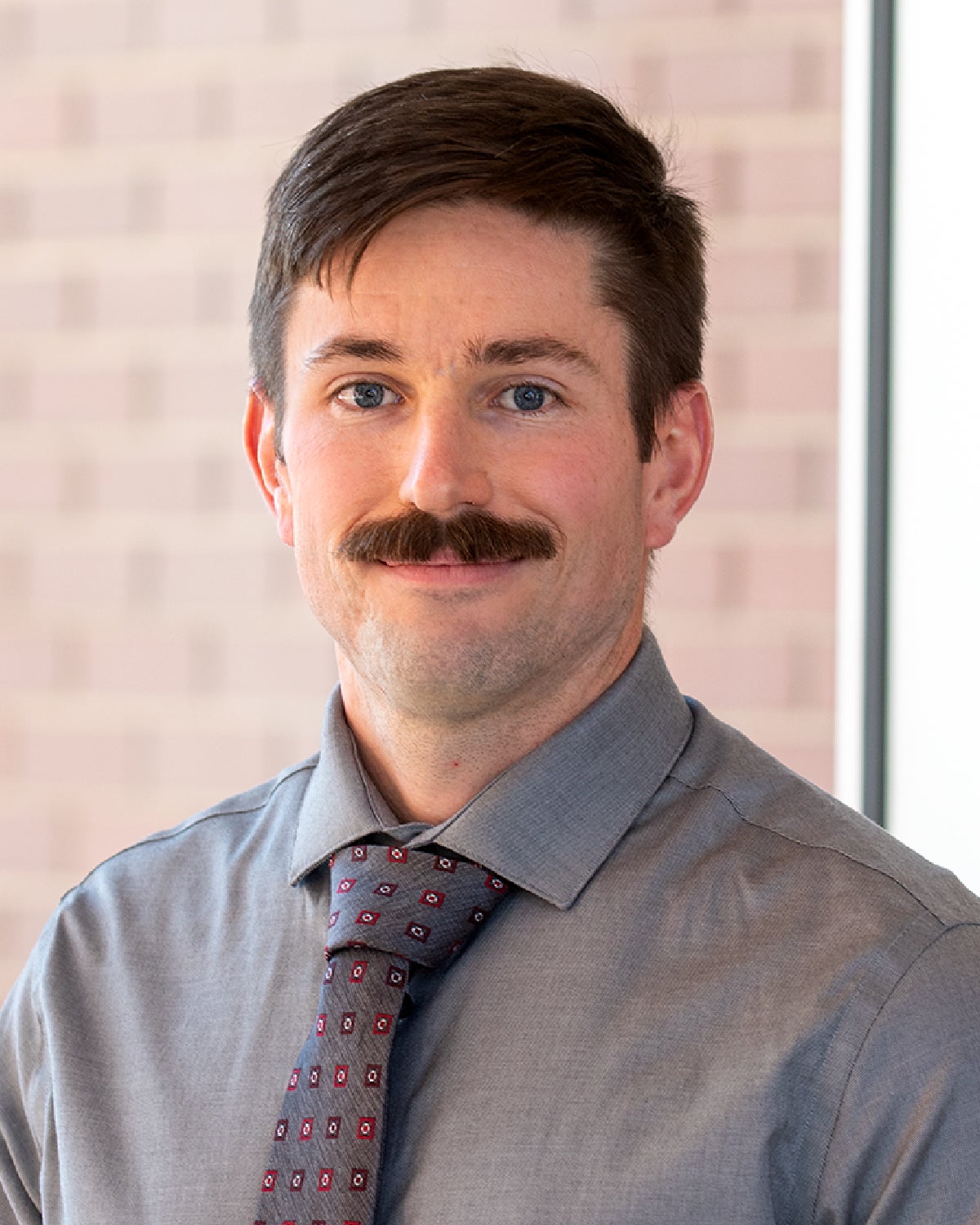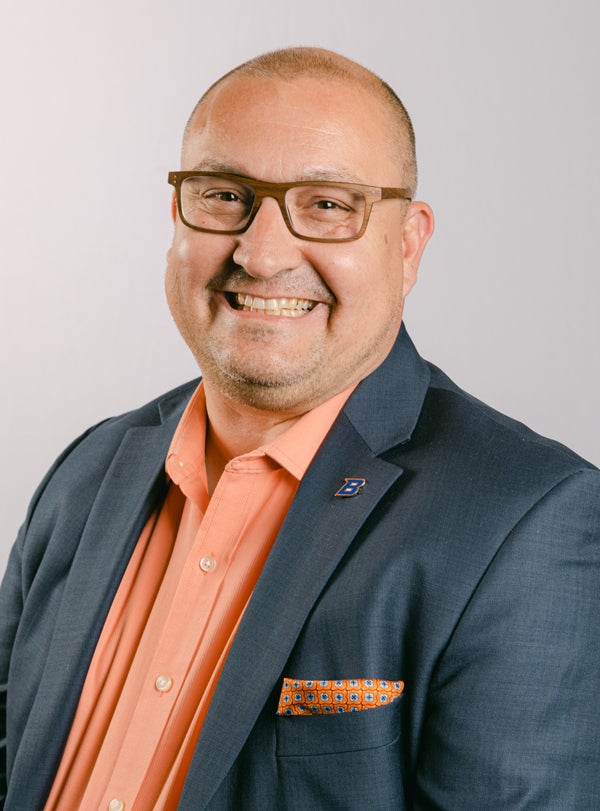
Evan Smith, the Graduate College’s 2020 award recipient, has a long and heavily involved academic resume. Before completing his bachelor’s degree in applied mathematics with a minor in physics, Smith came from Cerro Coso Community College in California, where he received associate degrees in mathematics, engineering, general science and liberal arts.
Smith transferred to Boise State in 2014 to complete his undergraduate degree before starting graduate school in MSMSE in the fall of 2016. Upon his arrival in Boise, Smith joined the Boise State Undergraduate Microgravity Research Team his senior year, as well as the MSE Club, Phi Kappa Phi honor society, Students Helping Integrate Fellow Transfers, Ski and Snowboard Club, and the Bowling Club.
“With all the high-quality research being conducted in our department, I’m honored to be the first recipient of this award from MSMSE,” Smith said. “It feels great to be recognized for all the hard work that I put into my research.”
Smith’s research, “Empirical Modeling of Structural Distortions in Perovskite Ceramics” focused on developing predictive models for composition structure-property relationships specifically for electroceramic materials. These models can significantly accelerate the development of new materials and effectively reduce the cost of the development.
“Evan has been instrumental in his service to MSMSE since he arrived in 2014,” said Rick Ubic, director of the Boise State Center for Materials Characterization and Smith’s mentor. “He has been instrumental in his service as an editorial assistant for the Materials Research Bulletin and mentoring several REU undergraduates in the lab.”
Smith’s work has been published in five first-authored peer-reviewed papers giving insights into issues such as how industry can save significant amounts of time and money, how new materials and devices can be developed effectively at an accelerated pace, and how accurately behaviors or phenomena can be predicted. His research has already inspired work by other scientists as far away as Egypt and China.
“The support from the faculty and college was incredible,” Smith said. “I would especially like to thank Professor Rick Ubic for his outstanding mentorship throughout the entirety of my Ph.D. studies. He always found time to meet with me, answer my questions, and provide a wealth of knowledge and sound guidance for all my research projects.”
Smith also noted the support he received from Professor Dmitri Tenne, Lan Li, and the front office staff for the MSMSE department who helped contribute to his success during his time as a graduate student.
Become a donor to support students like Evan Smith.
Graduate College Distinguished Scholar Award
For the past two academic years, doctoral students from the Micron School for Materials Science and Engineering (MSMSE) have received the Graduate College’s Distinguished Scholar award. The Distinguished Doctor Scholarship is one of five annual awards distributed by Boise State’s Graduate College. These awards recognize the scholarly achievements of graduate students in the arts, STEM and non-STEM areas of study.
“The strength and quality of the MSE Ph.D. program is evidenced by these awards,” said JoAnn Lighty, College of Engineering dean. “We’ve seen remarkable growth for a program in only its ninth year.”
